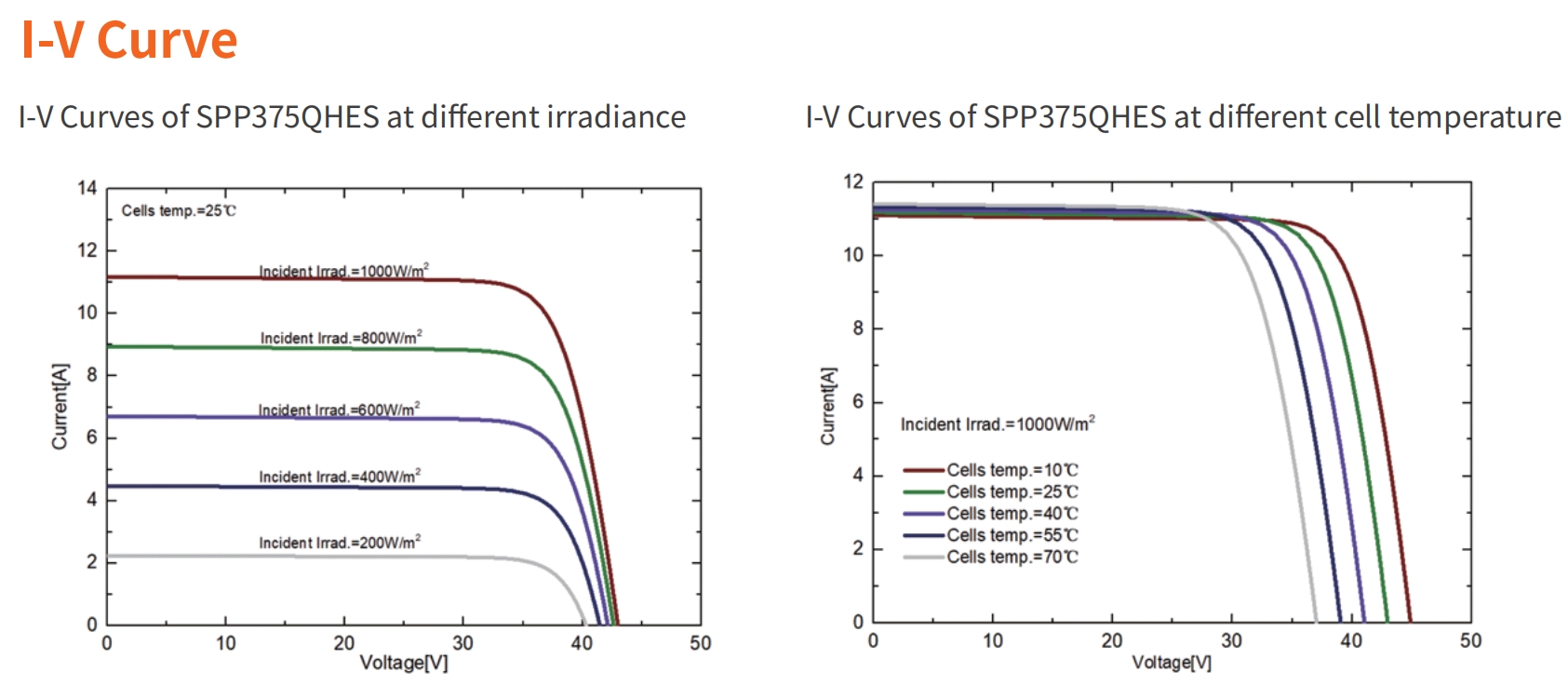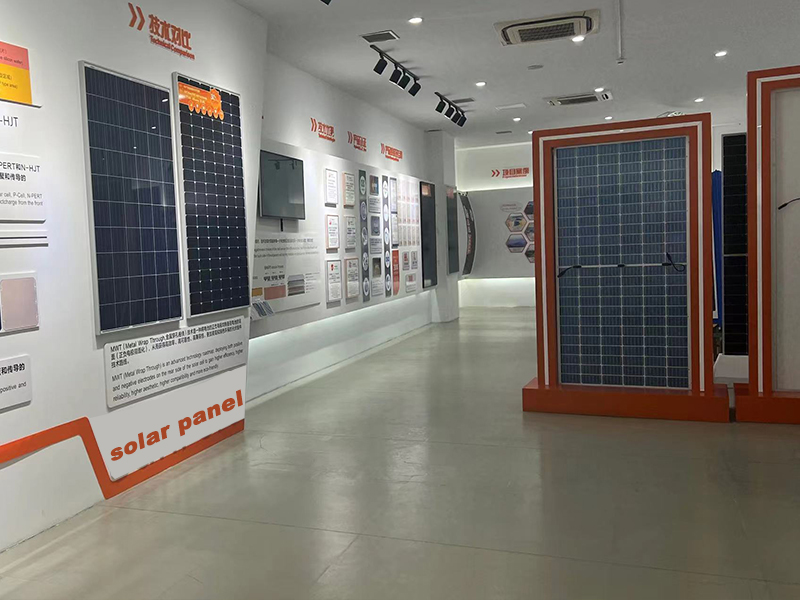Flexible modules are a new type of photovoltaic modules that are lightweight, thin, and flexible. They can be directly attached to curved roofs without the need for brackets or other installation systems. There are three types: conventional crystalline silicon, MWT crystalline silicon and thin film. Compared with traditional photovoltaic modules, flexible modules are thin, soft, and bendable. They are suitable for distributed power stations such as color steel tile roofs, flat roofs, and residential tiled houses. They can also be used in scenarios such as landscape lights, mobile power supplies, robots, and outdoor activities. . It can be flexibly combined with various innovative solutions, expanding the infinite possibilities of photovoltaic technology applications.
Flexible photovoltaic solar panels are thinner, lighter and more flexible than traditional photovoltaic modules. Its features include being able to be directly attached to the roof without a bracket, making the application scenarios wider. For example, it can be combined into solar backpacks, solar sailing boats, or even used in solar aircraft, showing great application potential.

Material: Flexible solar panels are usually made of thin, lightweight materials such as polymer films, organic materials, or other bendable materials. These materials make the battery panels lighter and more flexible, making them suitable for some special scenarios.
Features of this solar panel:
1.Lightweight and Thin DesignWeighing5.7kg and measuring 2.5mm in thickness, it is suitable for various low-load projects.
2.Ultra-FlexibleUtilizes ultra-thin silicon wafers with advanced organic polymer encapsulation materials, capable of bending with a minimum radius of 0.30m to fit perfectly on curved surfaces.
3.CustomizableDesigned to be customized for different scenarios.
4.Convenient Installation Offers easy installation and convenient transportation with lower cost.
5.High Efficiency and Reliability Busbar-free design increases cell conversion efficiency, allowing for higher power output even in low irradiance conditions.
6.Lead-FreeEco-friendly PV design achieves a lead-free MWT module without soldering materials.


Because flexible solar panels have excellent flexibility, they can be installed on various irregular surfaces such as curved buildings, mobile devices, outdoor products, etc., expanding the application range of solar panels.



In addition, flexible solar panels also provide designers with more room to play and can be integrated into more designs. In general, the unique properties of flexible solar panels give it unique advantages in specific scenarios and applications, providing more possibilities for solar panel applications.